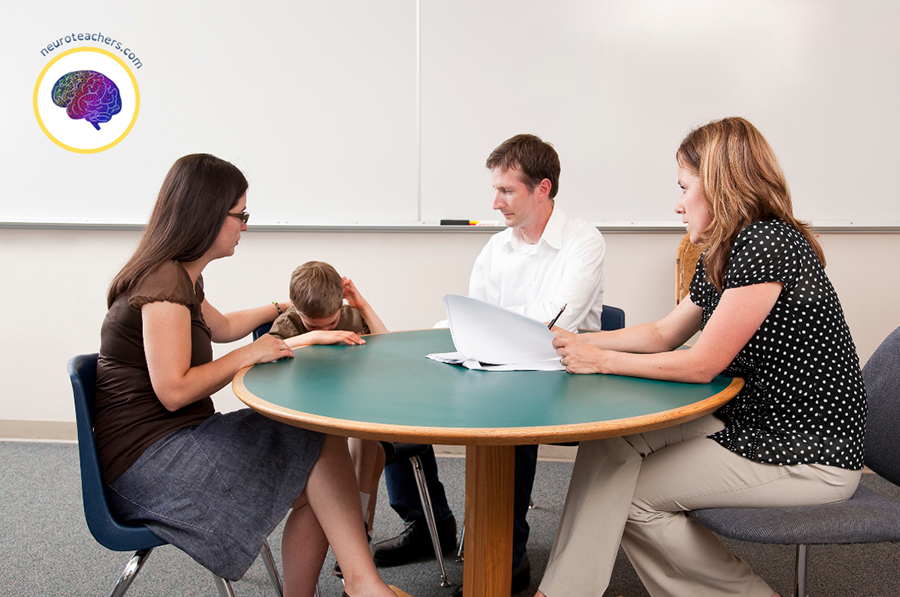Colin and the F words – The importance of giving clear instructions
The importance of giving clear instructions Have you ever made a really big mistake that you knew was your fault? I think I have made countless errors in my teaching career, but few stick in my memory so clearly as the time Colin, a year 8 student with autism and global delay, wrote the F […]
Colin and the F words – The importance of giving clear instructions Read More »










